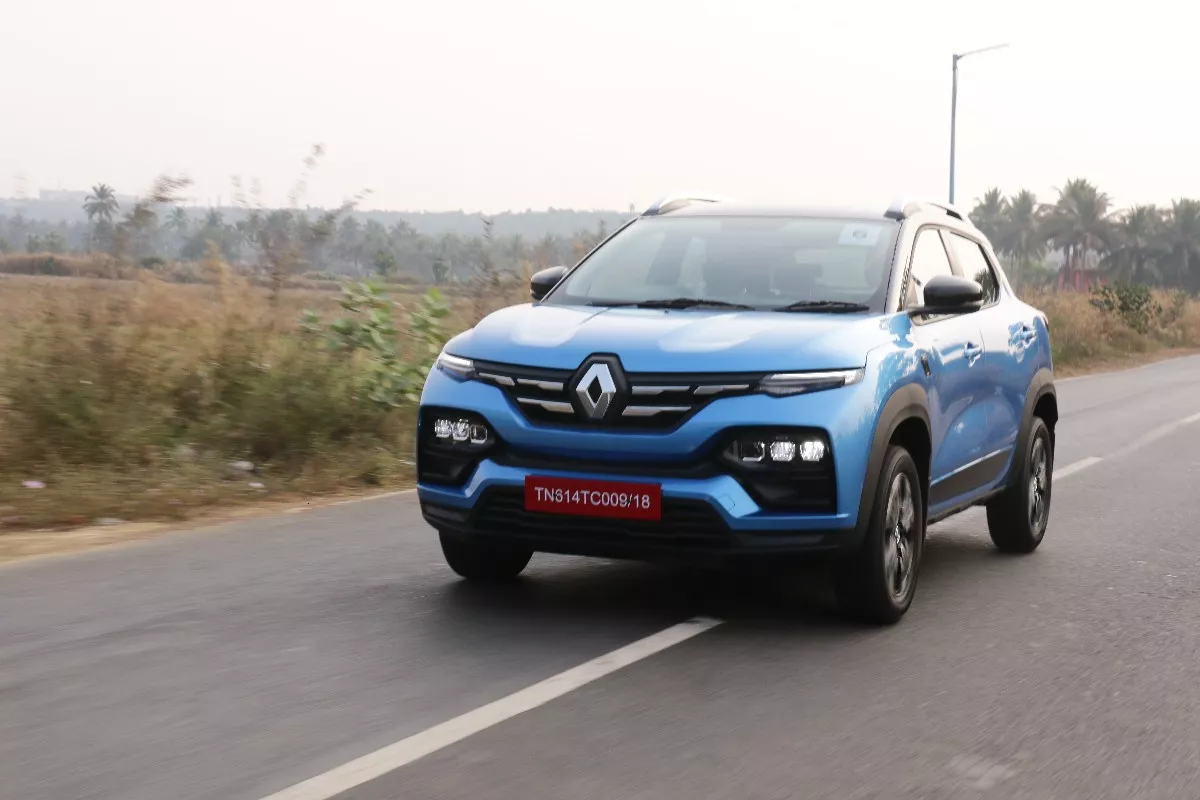
The Renault Kiger is the most “VFM” SUV that you can buy, but as our review says, there are enough reasons to buy one other than its affordable pricing.
What is the Renault Kiger all about?
Meet the Venue/Sonet rival from Renault; while they may have taken their time, Renault has entered the subcompact SUV space with a bang. Called Kiger, this is based on the same platform as Triber and is also about both affordability and value. Kiger is in-fact priced a step below the other established SUVs in this segment and aims to lure hatchback buyers into upgrading to an SUV but without hurting their wallets too much.
Renault Kiger has been developed with keeping our requirements; with the top-end version well below the Rs 10 lakh price-bracket, Kiger surely has a lot of potential to do well. But is it spacious or feature-packed plus how is the engine in terms of performance? We drove the turbo petrol Kiger to answer just that and more!
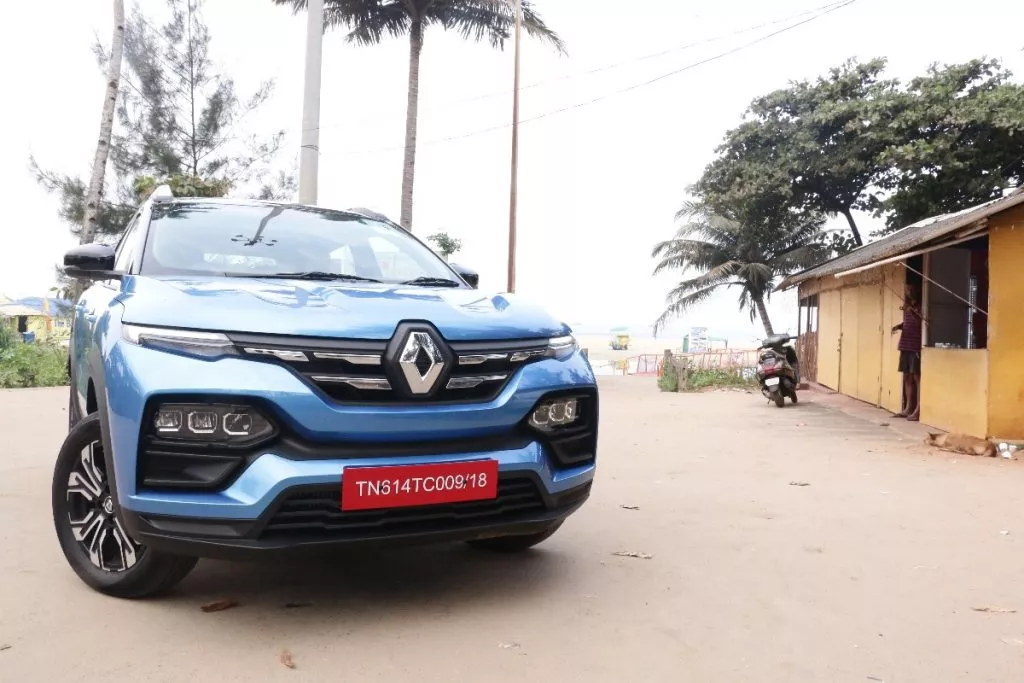
Renault Kiger Review
How does it look?
A crucial victory for Renault is the looks of the Kiger as that is half the battle won. It looks different from other subcompact SUVs and has its own style which appeals to us and also a lot of the public judging by the reactions it got on our test drive. Finished in this blue color, the Kiger looks very good and also has a youthful flair along with a sense of style — it is not shy at all. It is, however, less of a proper SUV in terms of lacking the typical boxy appeal. The lines are curvier and it is more like a crossover.
Still, you cannot miss those LED DRLs at the top along with the cluster of LED headlamps below with the grille also being divided. The grille is big and lends the Kiger a lot of presence on the road. You will also see roof-rails along with the equally good-looking 16-inch diamond-cut alloys. It is when seen from the side that the Kiger looks a bit less like an SUV due to the roof which goes downward but it does give it a futuristic look. Renault has also put in cladding at the sides and rear while the roof is black for a dual-tone look.
The rear is again more of a raised hatchback but the edgy tail-lamps are again very well executed and the roof-spoiler is also a nice touch. It certainly aims at the younger crowds, but it’s a design that grabs more attention than some of the other SUVs out there.
What about the interiors?
We have to say that the interior of the Kiger surprised us and it feels better built than the Nissan Magnite, another SUV which is also built on the same platform as the Kiger. The design is suitably premium, and it goes for an all-black look which is again another hint towards its sportiness. The interior shares more with the Triber but compared to that car, the Kiger is more luxurious! There is gloss black on the steering wheel and center console, and there is an 8-inch touch screen and a digital TFT instrument cluster. Some nice touches are the switches for climate control which are well finished!
You will also see a round knob for the drive modes. The instrument cluster is basic though but the design is nice and it gives you the information that you need. Also, the image of Kiger on the digital dials is a nice touch. The touch screen is simple in design too and has lesser options as compared to other cars, for example, a Sonet, but is neatly done and has a decent enough touch response. We would also say that the screen showing the rearview camera is of very good quality. The cabin does not feel built to a price as a whole but the lower half of the dashboard does get some hard plastic and more soft-touch materials could have been used.
What is the technology onboard?
It all starts with the key which is a hands-free access card and it looks cool along with being different (other Renault cars also have this type of key). Other than that, the reconfigurable instrument cluster gets a TFT screen that changes color according to the driving mode selected via the knob on the center console.
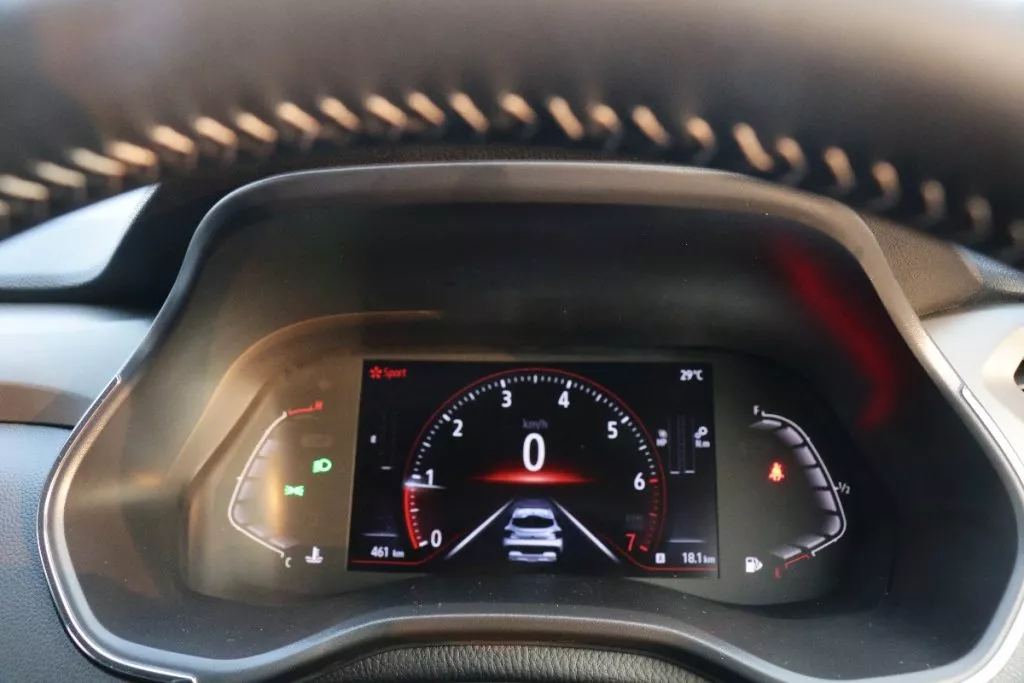
Other features include climate control, steering controls, white ambient lighting, wireless charging, rear ac vents, four airbags plus more importantly a PM2.5 Clean Air Filter. The audio system on the Kiger is an Arkamys 3D unit and sounds fairly good while being better than some of the other sub-compact SUVs. There is, however, no sunroof or connected technology.
Is it spacious?
Absolutely! Kiger surprised us how it can squeeze out so much space inside its compact size and it’s all down to the platform it uses. The seats are a bit thin but offer decent comfort but the real deal is the space between them. Renault says that there is a 710-mm Couple Distance between seats while to us the cabin does feel airy. The rear due to the sloping roof feels a bit compact initially but the sheer space inside at the rear seat is very good. Legroom is excellent as is headroom plus you can squeeze in a middle passenger with a flat floor (nearly). The 405l boot is also the biggest! Further on, we liked the center armrest storage which holds 10.5l and the door pockets can hold 1l bottles.
How was our driving experience?
The Kiger is going via the petrol-only route with a pair of 1.0 three-cylinder petrol engines. The base spec engine is the same 1.0 petrol found in the Triber which makes 72PS and 96Nm. The turbo petrol 1.0 makes 100PS and 160Nm. For both engines, you get a standard 5-speed manual, while the 1.0 has an AMT gearbox the turbo petrol gets a CVT automatic. We drove the turbo petrol manual and found this engine likable.
It does not have the best refinement though and some vibrations do creep inside the cabin and overall some noise is there. That aside, the Kiger feels compact and easy to maneuver while the gearbox itself is not heavy along with the clutch. Thanks to the turbo you also do not need to always downshift to lower gears at low speeds as the torque pulls through. That, along with the compact size, makes it an ideal-sized SUV to tackle our cities. The ride at city speeds is also firm but not uncomfortable, however, the 205mm ground clearance makes tackling speed-breakers and potholes an easy task.
Out in the highway, Kiger also felt reasonably powerful and the engine felt quick — no doubt helped by the lightweight nature of the Kiger. The gearing is also correct and you do not feel it is running out of breath or is lacking extra gear. We would say that most of our driving was done with the Sport mode selected for the Kiger as that is where it performs with the most enthusiasm. Normal mode is decent but lacks punch while eco mode, not intolerable at all, has a throttle response that is blunted quite a bit. You will get 12-14kmpl overall in terms of its fuel economy though.
Should you buy Renault Kiger?
There are four trim levels but we say get straight to the top for the turbo petrol manual or CVT since the turbo petrol is much better suited for city or highway driving along with coping with a full load of passengers. The manual top-end turbo petrol is Rs 8.5 lakh and that is great value for the looks, features, and space on offer. Sure the engine is a bit on the noisy side and some features are missing here, but you cannot miss the value for money proposition that Renault brings here. It is a lot cheaper than other subcompact SUVs and makes for a great if you are shopping for your first SUV.
The post Renault Kiger Compact SUV Review — Mileage, Features, And Pictures appeared first on Fossbytes.
from Fossbytes https://ift.tt/3dx4rjj
via IFTTT

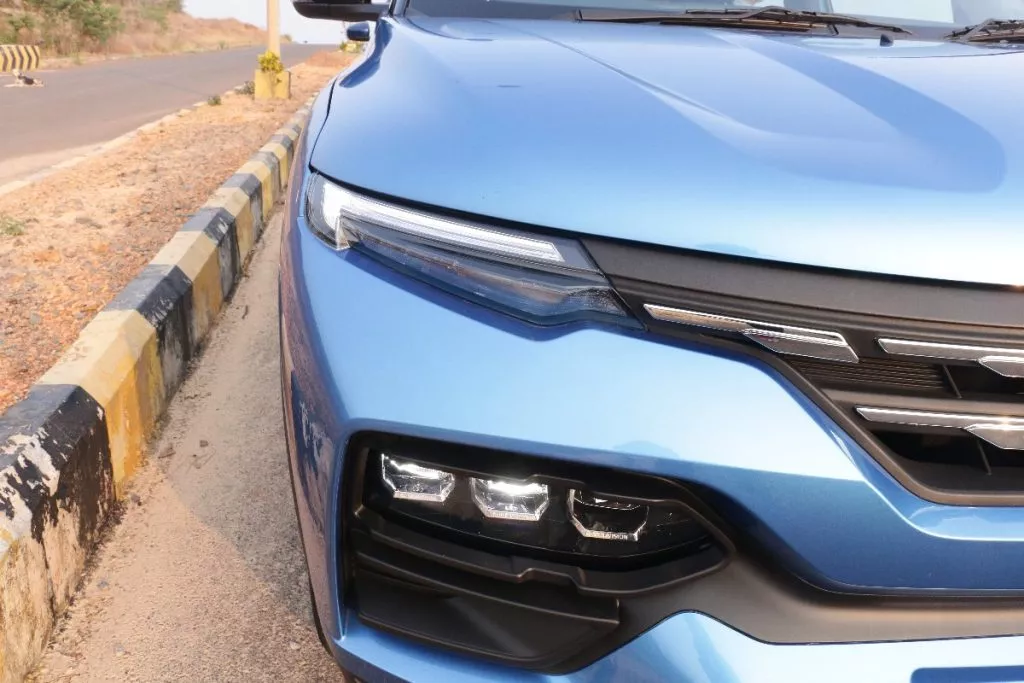
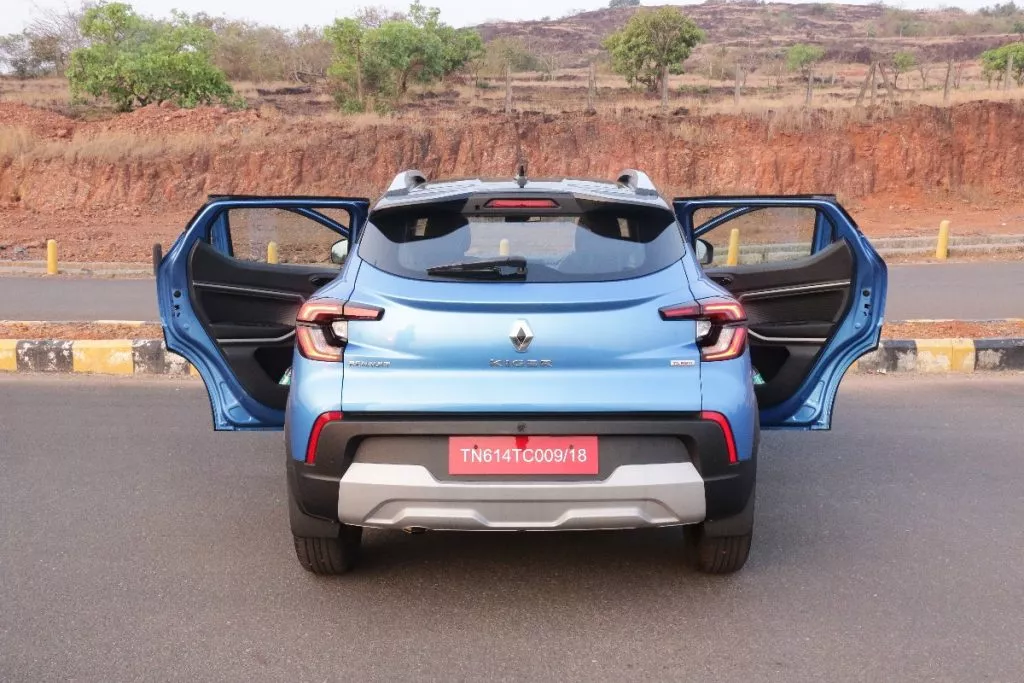
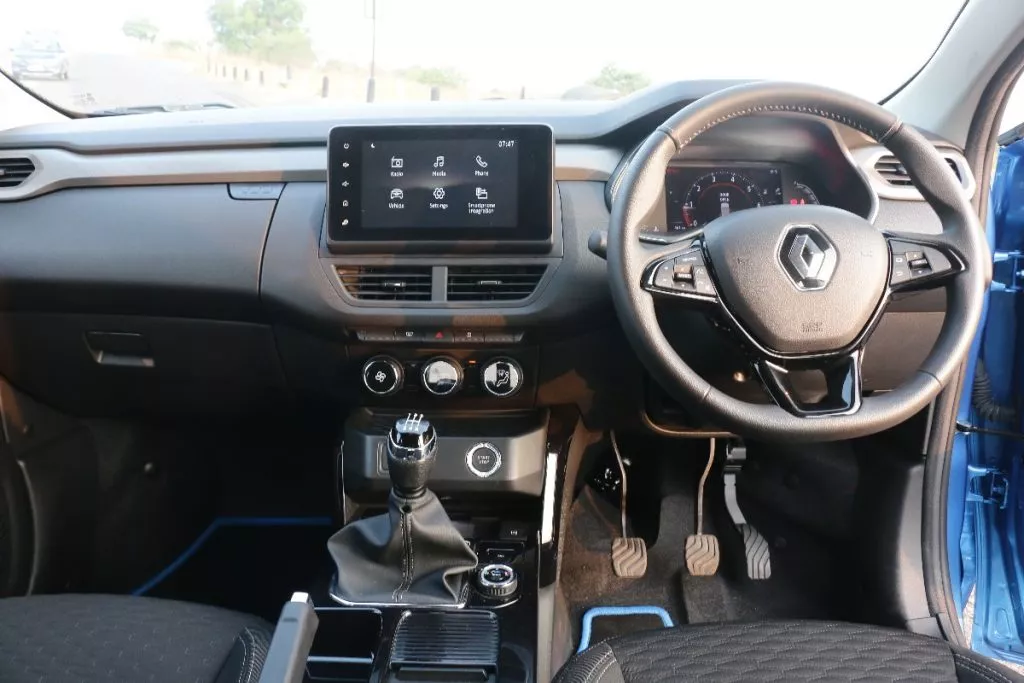
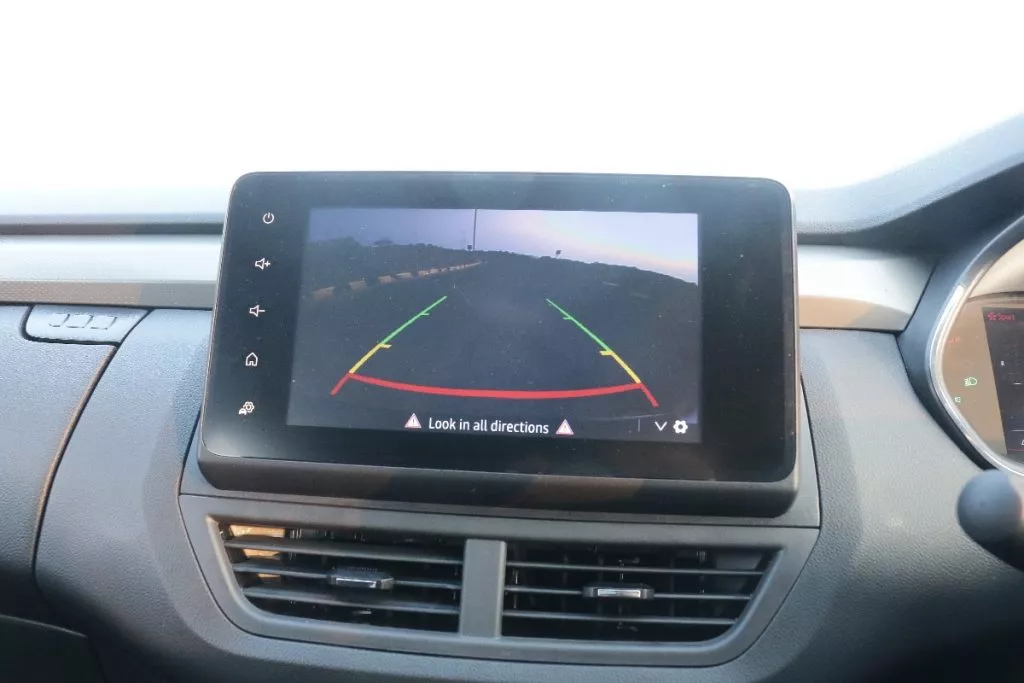
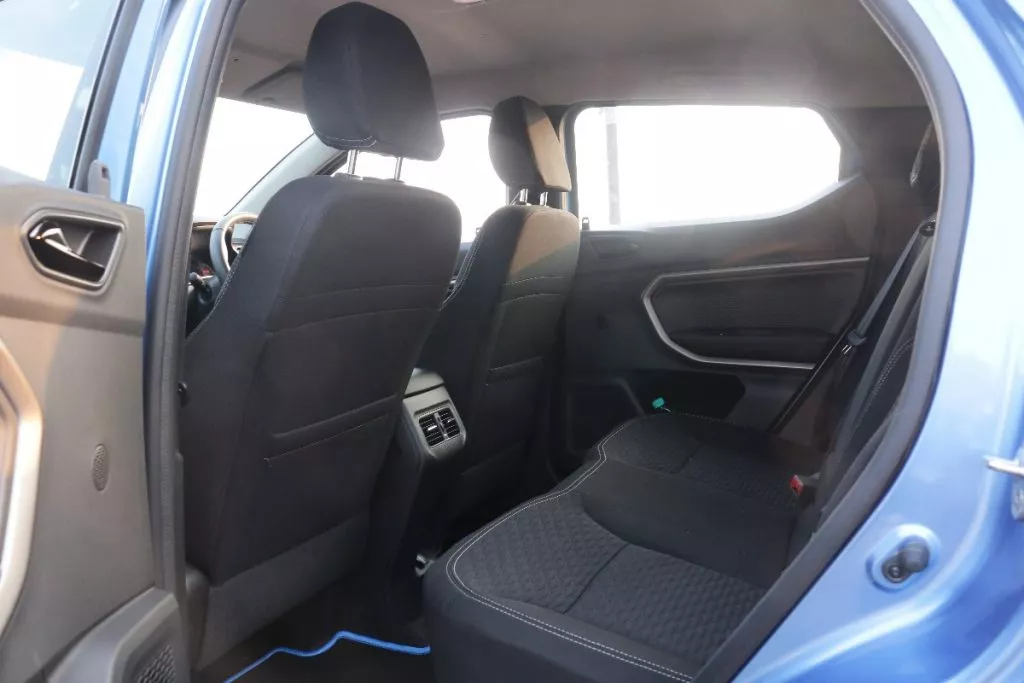
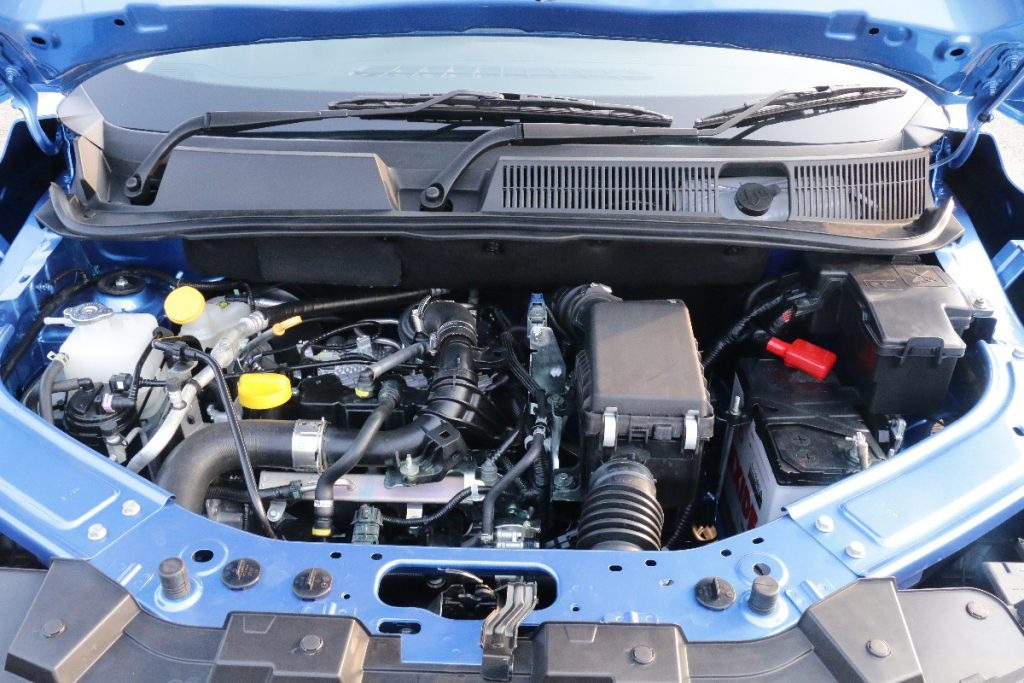
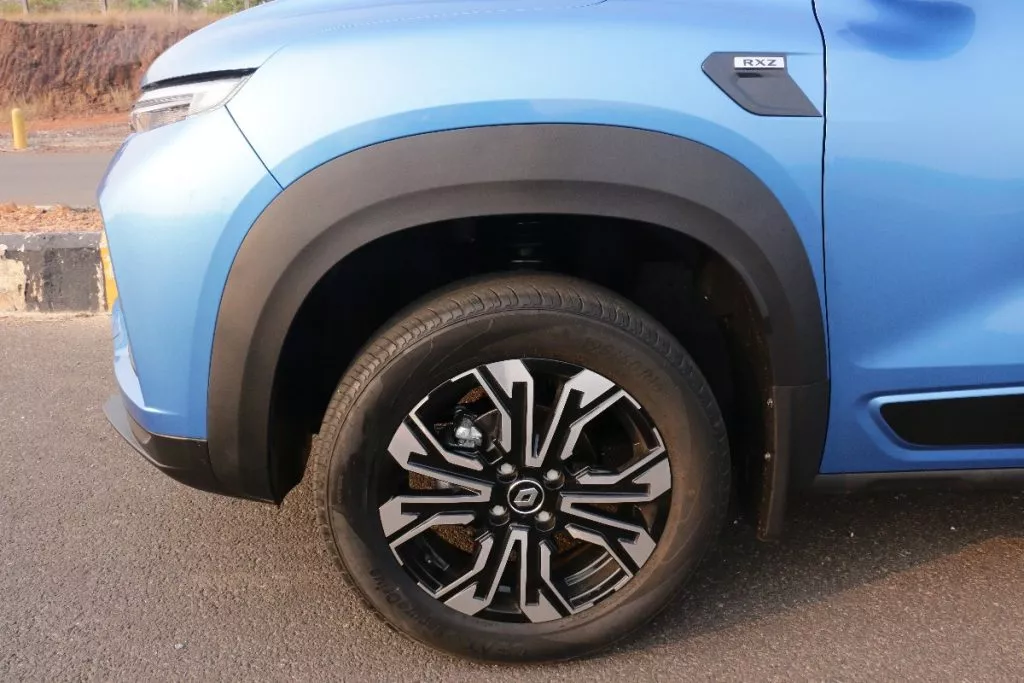
No comments:
Post a Comment